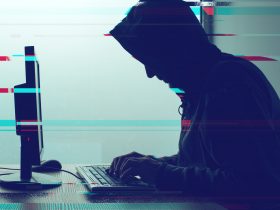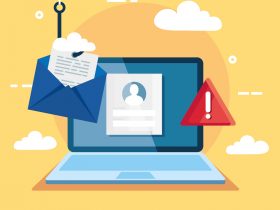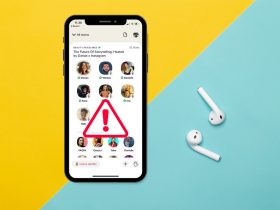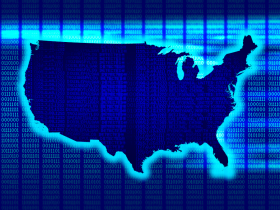In the midst of a pandemic there has been little good news to celebrate, but the rollout of a vaccine offered a glimmer hope for many. Despite this positive news, individuals have attempted to take advantage of the situation by attempting to scam people that are in need of the COVID-19 vaccine to keep themselves safe. This sort of opportunistic scam is not uncommon, and we can rely on cybercriminals to attempt similar ploys in just about any situation. The key however is to know what to look out for and how to shield yourself from COVID-19 vaccine scams.
Some things are best unread…
This particular scam has seen people receive a text message from what appears to be the NHS asking people to apply for the coronavirus vaccine. People that click the link are then redirected to a form that requires them to pay a fee and enter their bank details. Check out our previous post for more information on formjacking. Whilst this may seem like a brash approach from the scammers, it often works as it plays on fear, especially in times like these. This particular COVID-19 vaccine scam has targeted the elderly community heavily due to them being first in line to receive the vaccine. It is not irregular to target the elderly in these types of scams as they can often be seen as less technologically aware of certain issues. Nevertheless, victims of these same can range across age groups and everyone must be alert and know the signs of a potential scam.


Don’t push the button!
A further version of the scam is that of a telephone call that asks users to press a button on their keypad. At this point, it will often start charging the users phone bill for pressing the button. These sorts of robocalls are not unique to this specific scam, but are a regular occurrence in everyday life for many people nowadays. Some are easier to identify, but some can be incredibly convincing. With new versions popping up every day, it can be difficult to differentiate between someone trying to offer genuine help and someone trying to take your money or details. Some of this stress can possibly be alleviated however with the use of robocall blocker that can filter out the scams allowing you to have a greater level in trust in the calls you do receive.
Keeping yourself shielded from COVID-19 vaccine scams
Whilst this can seem scary and overwhelming in an already stressful time there are several simple things you can do to keep yourself safe against these sorts of vaccine scams.
- Never click links in unexpected texts, emails or other messages.
- Never press any buttons when receiving a call from an unknown number. If you’re unsure, hang up and call a trusted number found on an official website.
- Always challenge requests for personal info – regardless of how much they may claim to already know.
It must also be remembered in the case of this specific scam: the vaccine is being offered to everyone in the UK for free. The NHS will never ask for banking or payment details, will never turn up at your house unannounced to administer the coronavirus vaccine, and will never ask you to send copies of your personal documents to prove your identity.
Ultimately, cybercriminals have always and will continue to prey on unsuspecting people in opportunistic situations, but by sharing information like this with friends and family, it makes it increasingly difficult for them to succeed with these cruel scams.














